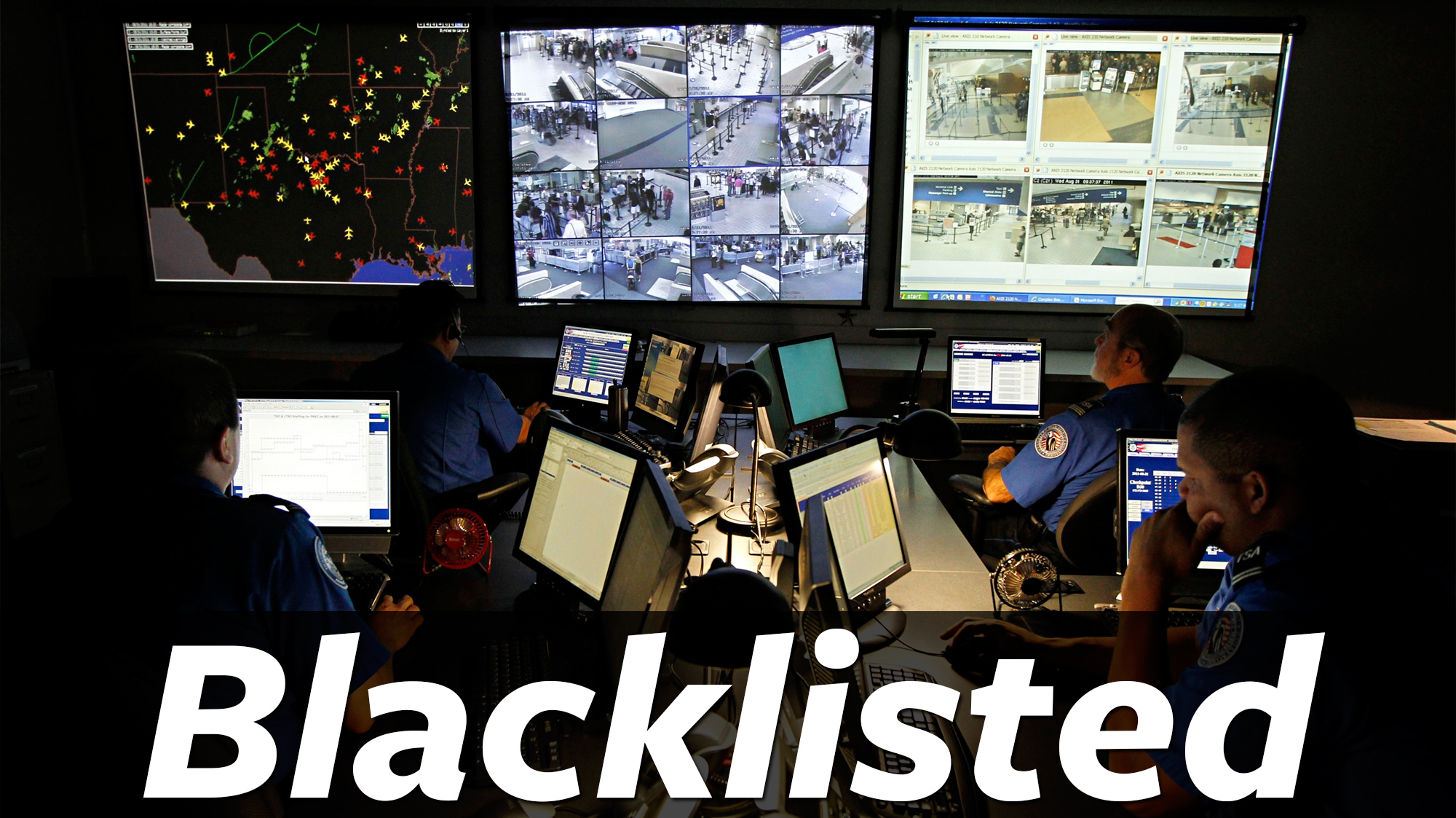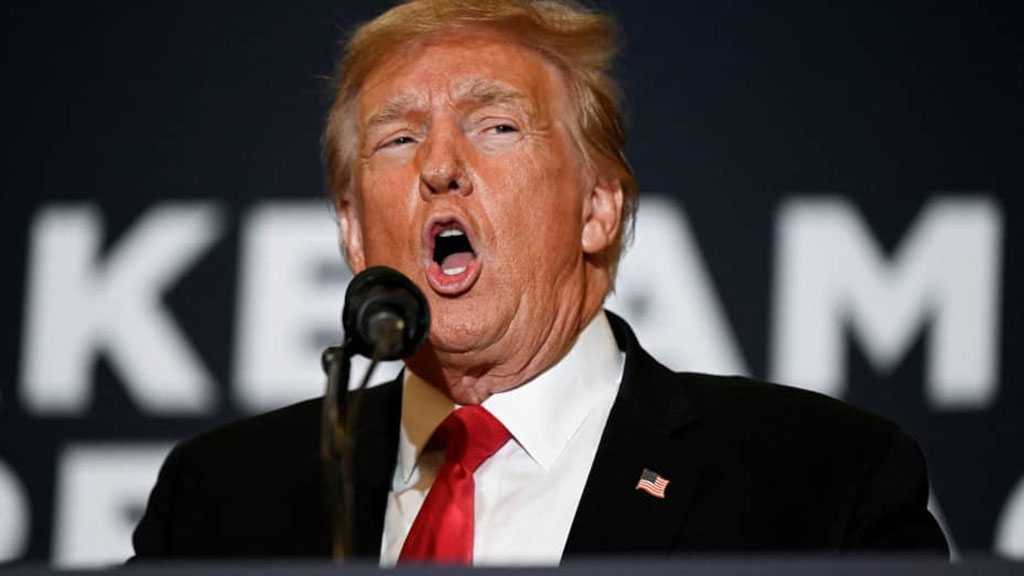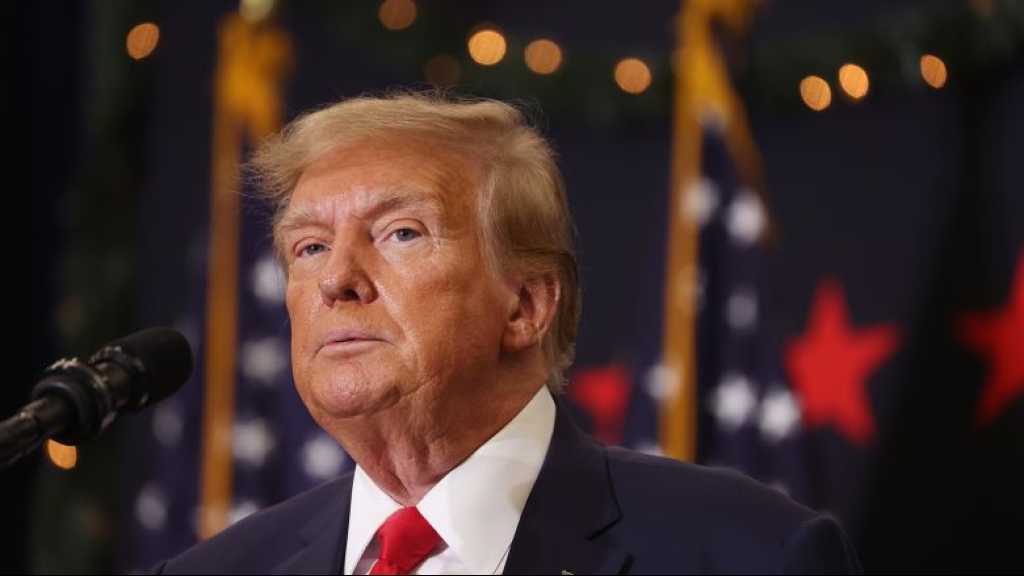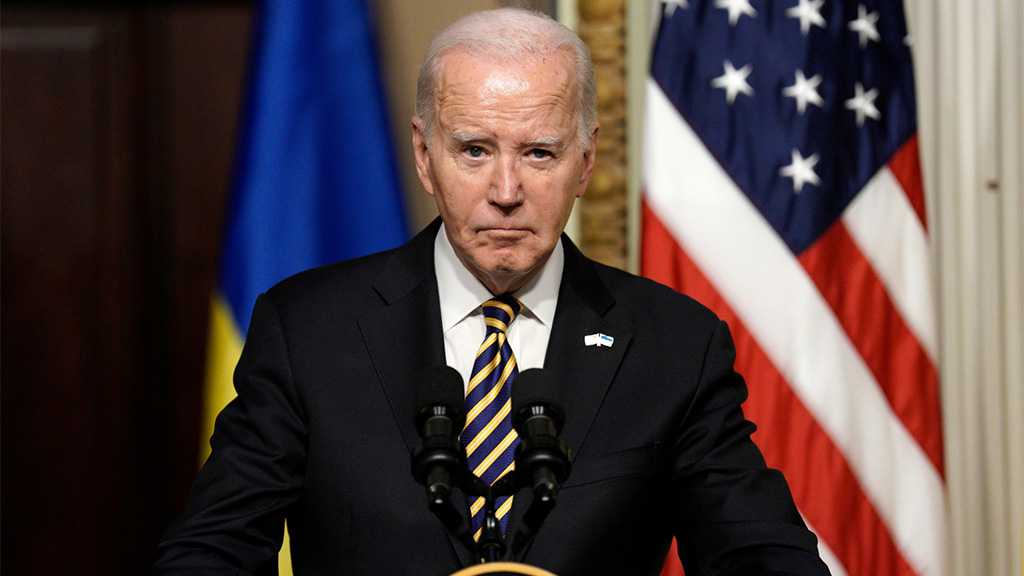
Leaked Gov’t Document: No Evidence Needed to be Deemed ’Terrorist’ by US

Local Editor
A government document leaked on Wednesday revealed that US authorities can place Americans and foreigners on a "terrorist" watch list indefinitely on the basis of vague rules without concrete evidence.
 According to the 166-page document, entitled "March 2013 Watch-listing Guidance, "The rules say government agencies can place a name on the watch list based on a "reasonable suspicion" but not on "unfounded suspicion or hunches."
According to the 166-page document, entitled "March 2013 Watch-listing Guidance, "The rules say government agencies can place a name on the watch list based on a "reasonable suspicion" but not on "unfounded suspicion or hunches."
"Although irrefutable evidence or concrete facts are not necessary, to be reasonable, suspicion should be as clear and as fully developed as circumstances permit," it said.
An agency can propose to add a person to the watch list based on a "single source" of information, "even if that source is uncorroborated."
Social media postings on Twitter or elsewhere can be considered as supporting evidence, and "should not automatically be discounted," it said.
Once blacklisted, individuals have no way of finding out why they are deemed suspicious and even dead people's names remain on the list, under secret guidelines set out last year in 2013 by the National "Counter-Terrorism" Center [NCTC], which were published for the first time by The Intercept news website.
The Intercept further reported that the new rules introduced by US President Barack Obama's administration represent an expansion of the US government's power when it comes to designating suspected "terrorists," laying out broad criteria for adding names to the blacklists.
Individuals added to the watch lists can be banned from flying -- under the "no-fly" list -- or subjected to additional searches and security screening at airports and border crossings.
Under the rules, a single White House official, the US president's top "counter-terrorism" adviser, has unilateral authority to move a person or whole "categories of people" to a high-priority black list reserved for the most dangerous suspects.
Such a move is referred to as a "threat-based expedited upgrade," and it can last up to 72 hours before it is reviewed by other senior officials.
Moreover, it remains unclear precisely who has been the focus of the "upgrade" authority, and whether the criteria have included American citizens or legal residents.
Meanwhile, human rights groups slammed the watch list guidelines, saying the government had created an unaccountable system that allowed authorities to label individuals permanently as "suspicious" with little proof.
Hina Shamsi, director of the American Civil Liberties Union's national security project, said that, "Instead of a watch list limited to actual, known "terrorists," the government has built a vast system based on the unproven and flawed premise that it can predict if a person will commit a "terrorist" act in the future."
Shamsi accused the government of offering virtually no recourse to someone trying to clear their name.
She said the "government's watch list 'redress' system won't confirm or deny watch-listing, and doesn't provide reasons or a hearing to clear a person's name of "terrorism" stigma."
Meanwhile also, the NCTC, which would not confirm the document's authenticity, defended the watch list as a useful tool in preventing "terror" attacks and that it was frequently reviewed.
The leaked document represented a journalistic exclusive for The Intercept, a news site recently launched by Glenn Greenwald, the former Guardian columnist.
Greenwald helped break the bombshell revelations from former intelligence contractor Edward Snowden, whose leaks exposed the US government's far-reaching electronic spying.
Wednesday's report on the watch lists made no mention of Snowden as the source of the NCTC document.
Source: News Agencies, Edited by website team
Comments



